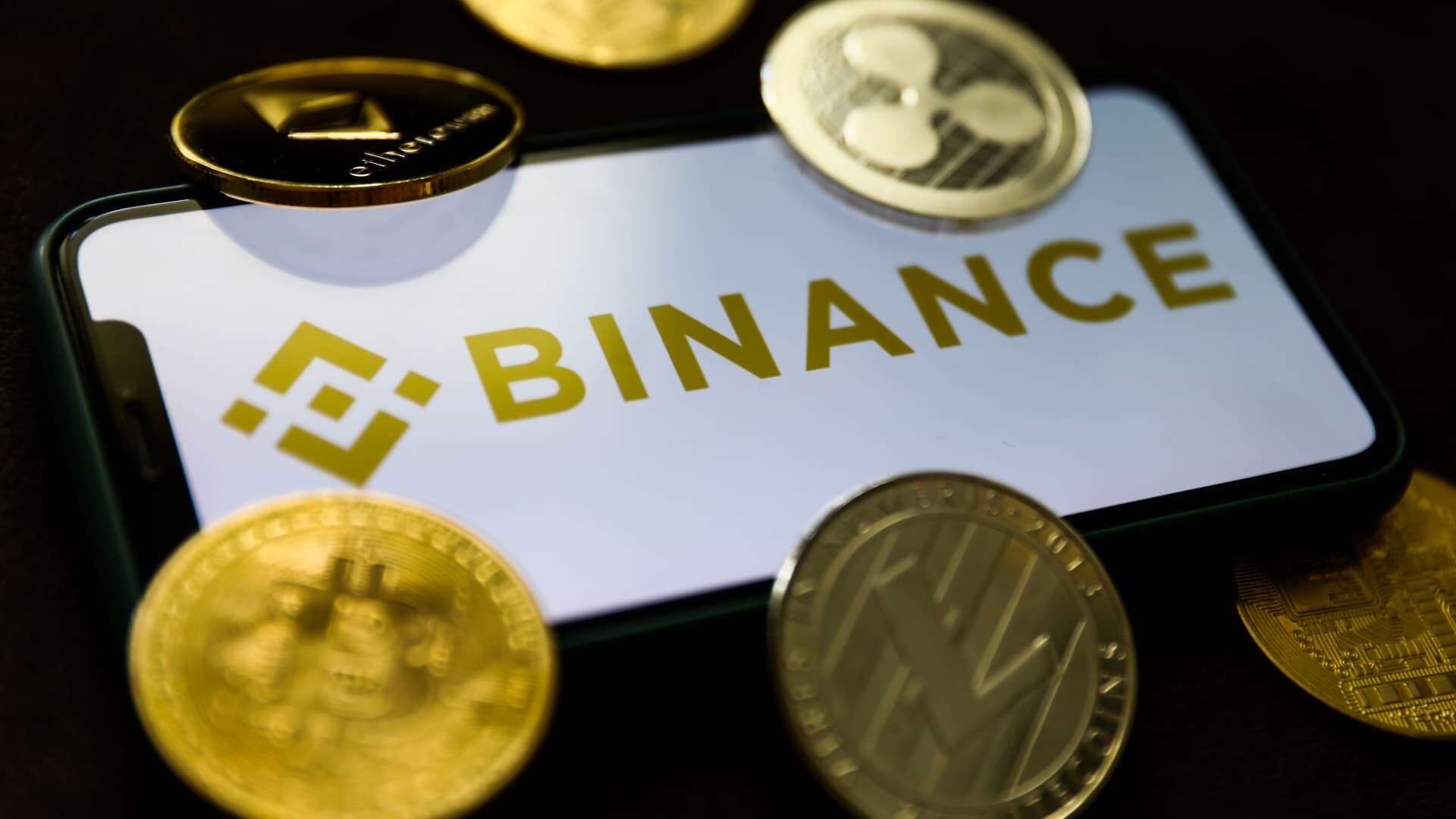
CZ, Binance, influencers facing $1B securities promo case
Binance, the world’s biggest cryptocurrency exchange, launched Ceffu in November to offer institutional custody services in Singapore.
In response to claims that Binance is attempting to relaunch its crypto license ambitions in Singapore, the cryptocurrency exchange has clarified the situation.
Ceffu, Binance’s “independent institutional custody partner,” will seek for an institutional crypto custody license when Singapore’s central bank begins accepting applications.
Singapore has positioned itself as a center for crypto enterprises as a result of its liberal tax rules, access to a wide pool of digital talent, and accessible location, which enables companies to operate in Asian time zones.
With required modifications to its Payment Services Act, the Monetary Authority of Singapore (MAS) is anticipated to provide crypto custody licenses to organizations.
Vice president of Ceffu Athena Yu stated that Singapore has a reputation for innovation, robust corporate governance, and strong regulation.
It is hardly surprising that institutional investors are drawn to this area. She elaborated:
“Ceffu launched its Singapore business specifically to provide custody services to institutional investors. Once the relevant amendments to the Payment Services Act go live and the application for a custody license opens, Ceffu will make its official application with the MAS.”
According to a story in Nekki, the world’s largest cryptocurrency exchange recently renamed its custodial arm “Ceffu” and offered institutional custody services in Singapore in November.
The cryptocurrency exchange did not disclose their financial ties to the renamed cryptocurrency custodian.
Binance withdrew their application for a cryptocurrency license from the MAS in December 2021, and the company ultimately ceased all of its activities in the nation by February 2022.
The cryptocurrency exchange said at the time that they were withdrawing their license because they had already made an investment in a regulated exchange in Singapore and that seeking for a second license would be “redundant.”
Nonetheless, a report that was published in Bloomberg stated that the cryptocurrency exchange was unable to fulfill the quality of anti-money laundering procedures that was required by authorities.
